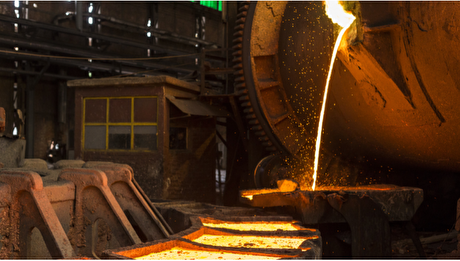
Average daily gasoline consumption stands at 83.4m liters in a month
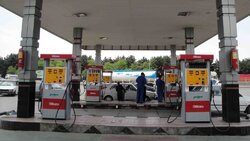
As reported, gasoline consumption was the same in the fifth month of this year as the fifth month of the previous year.
Gasoline consumption in Iran has fluctuated since the outbreak of the coronavirus in the country.
In the early days of the pandemic, concerns over the virus minimized the travels across the country and led to a record decrease in consumption in the last Iranian calendar year’s first month (March 20-April 20, 2020).
On some days in April 2020, gasoline consumption even fell to 40 million liters and the average daily consumption did not exceed 50 million liters that month.
In general, gasoline consumption in the country declined 20 percent in the past Iranian calendar year, as compared to its preceding year due to rationing this fuel and also the coronavirus pandemic.
The Islamic Republic, which was an importer of gasoline for decades, exported over $1.4 billion worth of the fuel in the first seven months of the past Iranian calendar year (March 20-October 21, 2020).
The significant increase in the country’s gasoline production and exports comes despite the fact that nearly two years ago Iran was shipping in over 4.5 million liters per day of the strategic product.
Iran became a net gasoline exporter in February 2019, after the inauguration of the third phase of the Persian Gulf Star Refinery (PGS) project which added 120,000 barrels to the country’s daily gasoline production.
The increase in the exports of the mentioned commodity is a result of the increase in the country’s refining capacity and the decline in domestic consumption following the implementation of a rationing program.
In mid-November 2019, the Iranian government started rationing of subsidized gasoline and increased fuel prices as it plans to use the revenue for supporting underprivileged families.
Since then, implementation of the rationing plan has led to the reduction of gasoline consumption, while promoting the consumption of compressed natural gas (CNG) in the country.
Source: Tehran Times

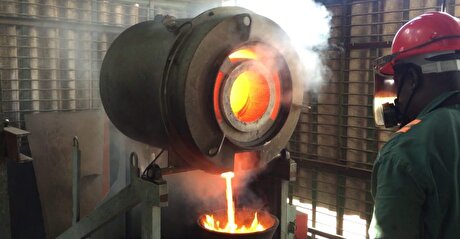
Zimbabwe labs overwhelmed as gold rally spurs exploration, miner says

Cochilco maintains copper price forecast for 2025 and 2026

Samarco gets court approval to exit bankruptcy proceedings

Gold price stays flat following July inflation data

Mosaic to sell Brazil potash mine in $27M deal amid tariff and demand pressures

HSBC sees silver benefiting from gold strength, lifts forecast
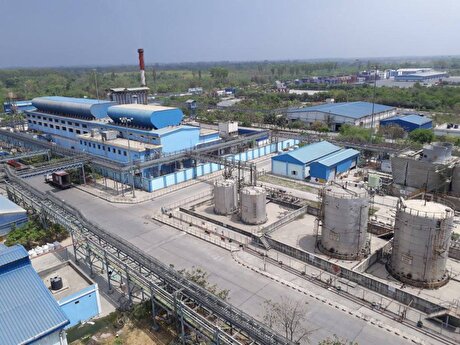
Hindustan Zinc to invest $438 million to build reprocessing plant

Glencore seeks $13 billion in incentives for Argentina copper projects

Samarco gets court approval to exit bankruptcy proceedings

Roshel, Swebor partner to produce ballistic-grade steel in Canada

EverMetal launches US-based critical metals recycling platform

Iron ore price dips on China blast furnace cuts, US trade restrictions

Afghanistan says China seeks its participation in Belt and Road Initiative

Gold price edges up as market awaits Fed minutes, Powell speech
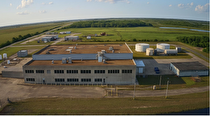
Flash Metals USA advances critical minerals recovery plant in Texas

Glencore trader who led ill-fated battery recycling push to exit

US hikes steel, aluminum tariffs on imported wind turbines, cranes, railcars
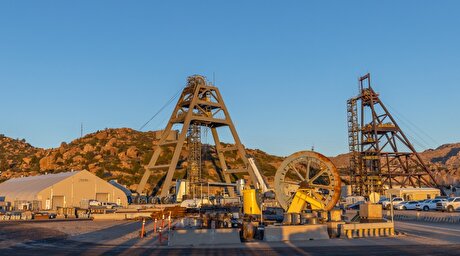
US appeals court temporarily blocks land transfer for Resolution Copper

Glencore seeks $13 billion in incentives for Argentina copper projects

EverMetal launches US-based critical metals recycling platform

Iron ore price dips on China blast furnace cuts, US trade restrictions

Afghanistan says China seeks its participation in Belt and Road Initiative

Gold price edges up as market awaits Fed minutes, Powell speech

Flash Metals USA advances critical minerals recovery plant in Texas

Glencore trader who led ill-fated battery recycling push to exit

US hikes steel, aluminum tariffs on imported wind turbines, cranes, railcars

US appeals court temporarily blocks land transfer for Resolution Copper

Glencore seeks $13 billion in incentives for Argentina copper projects














